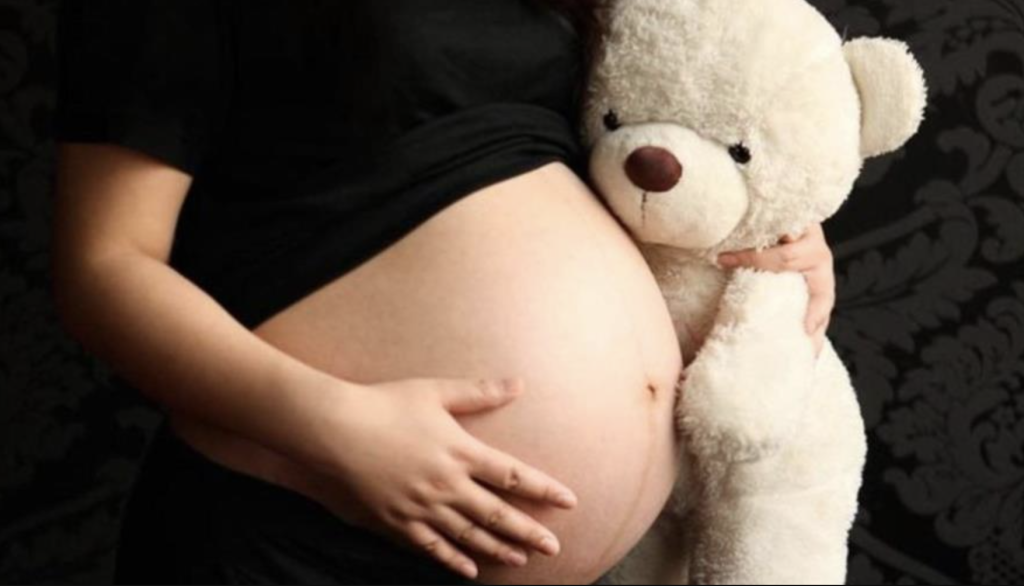
Teenage pregnancy is a normalized crime in the Dominican Republic. Despite clear laws criminalizing sexual abuse against minors, the Dominican Republic has yet to put a stop to the pervasive issue of the normalized reality of teenage pregnancy and births. Disturbingly, thousands of underage girls are victims of sexual abuse that most often go unreported to the authorities by the hospitals, when the children seek and receive medical help when reporting the situation.
Dominican law explicitly states that minors under 18 cannot legally consent to sexual relations. Therefore, any adult engaging in sexual activity with a minor is committing sexual abuse, a crime outlined in Article 331 of the Dominican Penal Code. Yet, a tacit complicity surrounds adolescent pregnancy in the country, reports Diario Libre.
The scale of the problem is significant. As reported in Diario Libre, data from the National Council for Children (Conani) reveals a startling statistic: one in five minors in the Dominican Republic is either pregnant or already a mother. The average age of the fathers in these cases is 25, and these men rarely face legal repercussions for statutory rape.
To understand the on-the-ground reality, Diario Libre conducted visits to maternity wards in Greater Santo Domingo. What they found highlights a system that, while providing care, often falls short in prosecuting offenders.
Diario Libre found out that when an adolescent pregnant patient arrives to a public hospital, a specialized protocol is activated. The young woman is directed to the Adolescent Unit, where she receives counseling, obstetric care, psychological evaluation, nutritional referrals, and follow-up for any detected pathologies.
Dr. Luz Fermín, head of the Adolescent Department at the National Health Service (SNS), confirmed that when a pregnant adolescent comes to a public health service, a clinical and psychosocial history is taken. She also stated that if the patient is in a common-law union with an adult who is more than five years older, a report is filed, and social work activates the Critical Route of Violence. However, if the relationship is with another minor or is deemed “consensual,” the case is evaluated, and prenatal check-ups are provided, potentially overlooking the legal implications of a minor’s inability to consent.
Despite these protocols, the core issue remains: many cases of sexual abuse leading to these pregnancies are not being reported to the Public Ministry, even when medical professionals are aware of the circumstances. This implicit complicity allows offenders to evade prosecution, perpetuating a cycle that undermines the very laws designed to protect the nation’s children.
The normalization of teenage pregnancy comes with a significant financial burden. Adolescent pregnancy costs the Dominican Republic an estimated US$131 million annually, a testament to the far-reaching consequences of this unaddressed issue.
Read more in Spanish:
Diario Libre
Diario Libre
14 July 2025

